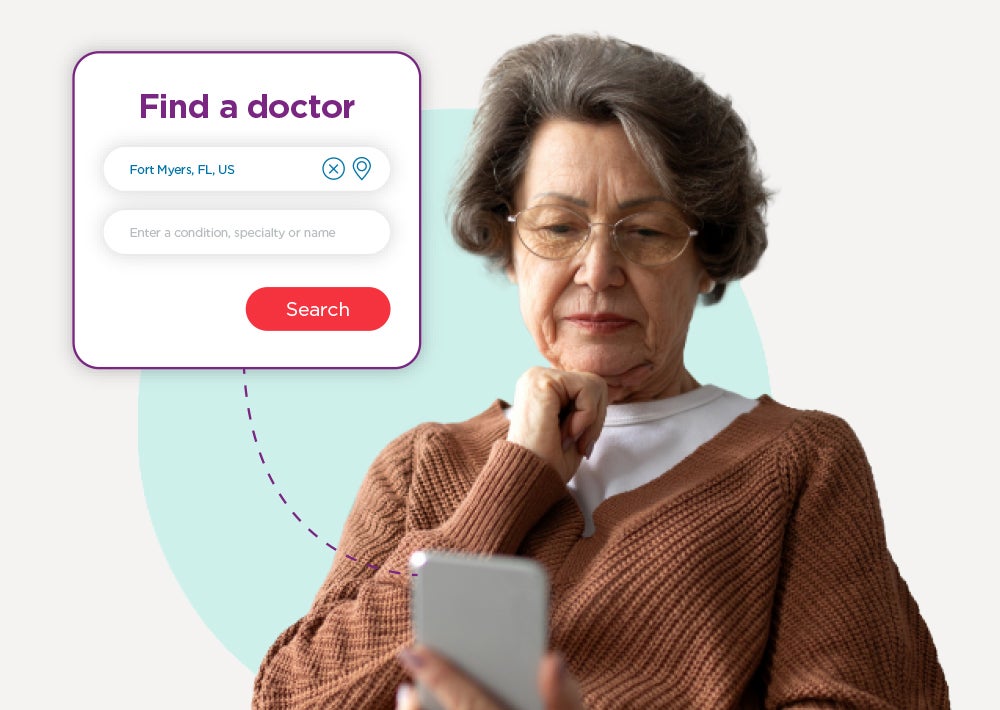
View our infographic to learn key insights on their perceptions, experiences and concerns around reproductive health.
Women are increasingly concerned or thinking about their reproductive health, with priorities ranging from preventive care screenings to contraception and more. That’s according to more than 5,700 women ages 18+ who consented to participate in Phreesia surveys in October 2022, after completing check-in for their doctor’s appointments.
- 76% of surveyed women are concerned or thinking about their reproductive health
Top reproductive health issues women are thinking about:
- 81%—abortion access
- 62%—medical contraception (e.g., IUD, Plan B morning-after pill)
- 62%—pregnancy management and complications
Specific issues that women are thinking more about vary depending on their child-bearing decisions.
Which of the following reproductive health issues are you thinking more about?
Pregnant/pregnancy adjacent (women who have been recently, are currently, or plan to soon get pregnant):
- 83%—Pregnancy management and complications
- 73%—Abortion access
- 37%—Embryo and IVF protocols
- 18%—Sterilization
- 5%—Abstinence
Not pregnant/pregnancy adjacent (women who have not been recently, are not currently, or don’t plan to soon get pregnant):
- 56%—Pregnancy management and complications
- 83%—Abortion access
- 22%—Embryo and IVF protocols
- 25%—Sterilization
- 11%—Abstinence
Some women are reconsidering their birth-control options…
- 1 in 5 surveyed women under age 35 (20%) have considered permanent solutions like sterilization to avoid unwanted pregnancy
- 19% of surveyed women under age 35 have evaluated new contraception options
…and use of period-app tracking is on the decline.
- Close to 1 in 7 surveyed women (15%) reported that they currently use period tracking apps, compared with more than one-third (36%) who said they have used them in the past
Women who have a primary, established provider for their reproductive health receive care at much higher rates than women who do not. In fact, half of surveyed women (50%) who do not have a primary provider reported that they haven’t received any reproductive health-related services in the past two years. That disconnect signals the need for more reproductive-health support for women.
For which of the following have you received care in the past two years? Select all that apply.
Patients with a primary provider for reproductive health:
- 65%—Well-woman preventive care screenings
- 25%—Contraception
- 22%—Menstrual health
- 18%—Prenatal care
- 11%—Menopause
- 11%—Family planning/infertility
- 8%—Pregnancy complications
- 6%—Maternal depression screening/prevention
- 2%—Behavioral counseling related to pregnancy/childbirth
- 15%—None of these
Patients with NO primary provider for reproductive health:
- 31%—Well-woman preventive care screenings
- 13%—Contraception
- 11%—Menstrual health
- 8%—Prenatal care
- 4%—Menopause
- 2%—Family planning/infertility
- 2%—Pregnancy complications
- 3%—Maternal depression screening/prevention
- 1%—Behavioral counseling related to pregnancy/childbirth
- 50%—None of these
In summary…
Across the board, women are focused on their reproductive health—but their concerns vary depending on factors ranging from age to their child-bearing decisions.
Understanding women’s priorities and providing them with adequate support as they continue to navigate the reproductive healthcare landscape will be crucial for healthcare stakeholders.
Find out how Phreesia can help your organization gather strategic insights from patients at the point of care and deliver relevant health content that meets their needs.
Sources:
Two Phreesia women’s health patient-insights surveys, conducted October 6-18, 2022, with a total of 5,707 patients ages 18+ who self-identify as female.
Respondents opted in to take the survey after their check-in was complete, and the results are summarized in aggregate.



